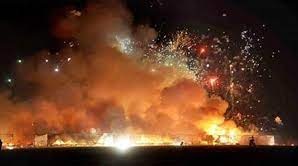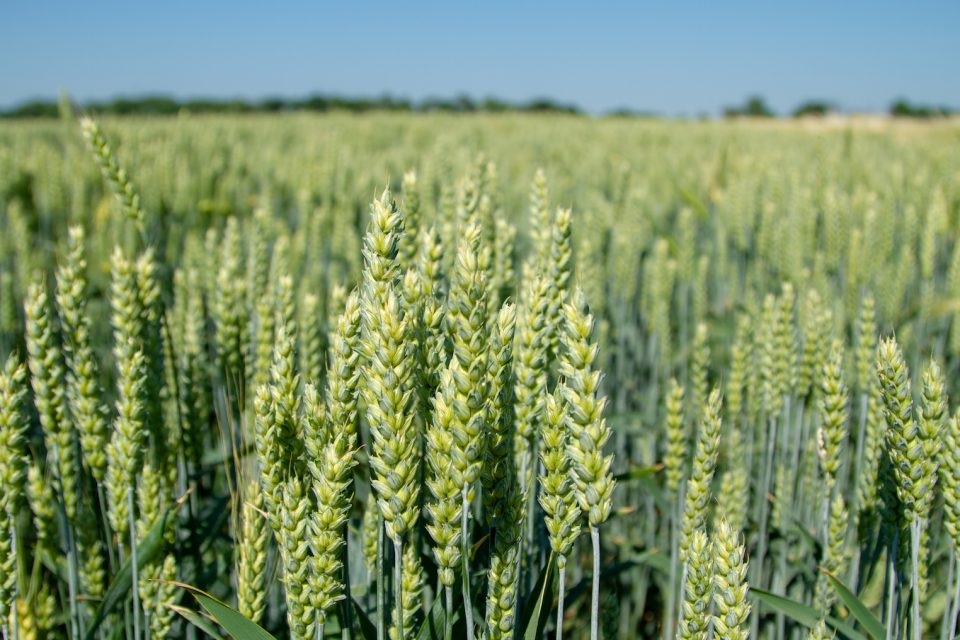Deepawali is the time of functions. This is the time when we meet with our friends and relatives. The atmosphere of love and recreation remains all around at this time. But we never think that we forget certain other important things at this time. Our habit of burning fire crackers creates many problems for our immediate environment. This is the reason why the level of pollution increases many times during our festival and also after it.
The problem of Global Warming has become the talk of the day. This problem has emerged due to increasing concentration of harmful gases in our atmosphere.
Burning fire crackers during our festival creates problems of air and sound pollutions. Gases released during burning of fire crackers join our atmosphere and cause further increase in the load of harmful gases that cause and further contribute to Global Warming.

It is very hard to reduce vehicular and industrial air pollution. But we can try to reduce them. However we can very easily control pollution due to burning of fire crackers. Burning or not burning fire crackers depends on our personal will. In fact, burning of fire crackers is not as important as running our vehicles and industries.
At many different times people discuss that if they do not burn fire crackers during festivals like Deepawali and also on many other occasions, there may not be any considerable benefit. Most of the people accept that there may not be considerable impact on our atmosphere if we do not burn fire crackers on a day. But it is not true. Many surveys and researches tell us that we cause as much pollution on a single day as all the vehicular and industrial pollution for many days. Thus, we contribute in Global Warming through our single day activity.
Fire crackers are burnt not only on Deepawali. These are burnt during many other festivals and political occasions also. These events together contribute to the Global Warming.

Let us see an example. In the heart of Ranchi, the capital of the Jharkhand state, lots of fire crackers were burnt continuously for one hour or so, in the Morabadi ground when a political leader had won the election. This event had produced as much smoke that the whole sky had gone dark. The sound produced from continuous burning of fire crackers killed many birds that fell dead on the ground. Thousands of bats that used to live in the forest of eucalyptus trees tried to fly away but they fell on the ground and died.
The sound pollution remains on its highest level while fire crackers are burnt during Deepawali, other festivals and during political victories.
Sound pollution creates serious problems for elderly people, students, birds, some other animals, and sick persons. The high pitched sound produced during burning of some fire crackers kills birds, insects, and creates serious trouble to many animals too. Though fire crackers are burnt during many occasions, especially on political victories but most people call to ban the burning of fire crackers during Deepawali. These should be banned for ever. Especially those fire crackers that produce very high pitched sound should be banned.
The remaining parts of the burnt out fire crackers cause serious land pollution. Clearing the land from wastes created through these events takes our time. These wasted are very harmful and it is another problem to dispose them. The remaining parts of fire crackers cause soil to become poisonous due to which soil organisms are perished.
The smoke that is released on burning fire crackers remains poisonous by nature. This smoke is rather more poisonous than the smoke produced from other sources. It affects the atmosphere seriously. As such it causes many types of diseases. Some more serious diseases caused due to this smoke are the diseases of our respiratory system. This smoke affects the lives of birds and other animals.
By burning fire crackers we not only create problems in air, we create adverse impacts on our health as well. Thus, we should not be active in burning fire crackers.
Festivals add colour and pleasure to our lives. They make our traditions alive. Thus, we must celebrate our festivals with maximum enthusiasm but should remain away from activities of polluting our environment.




